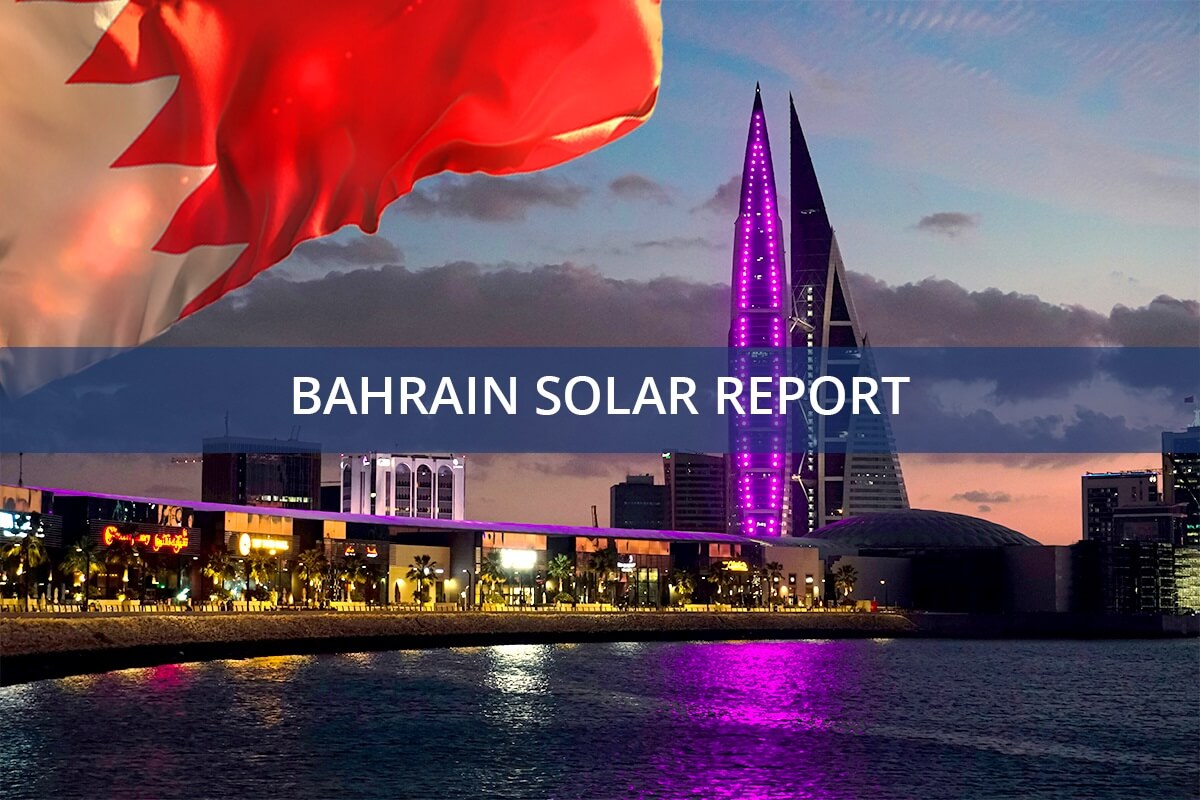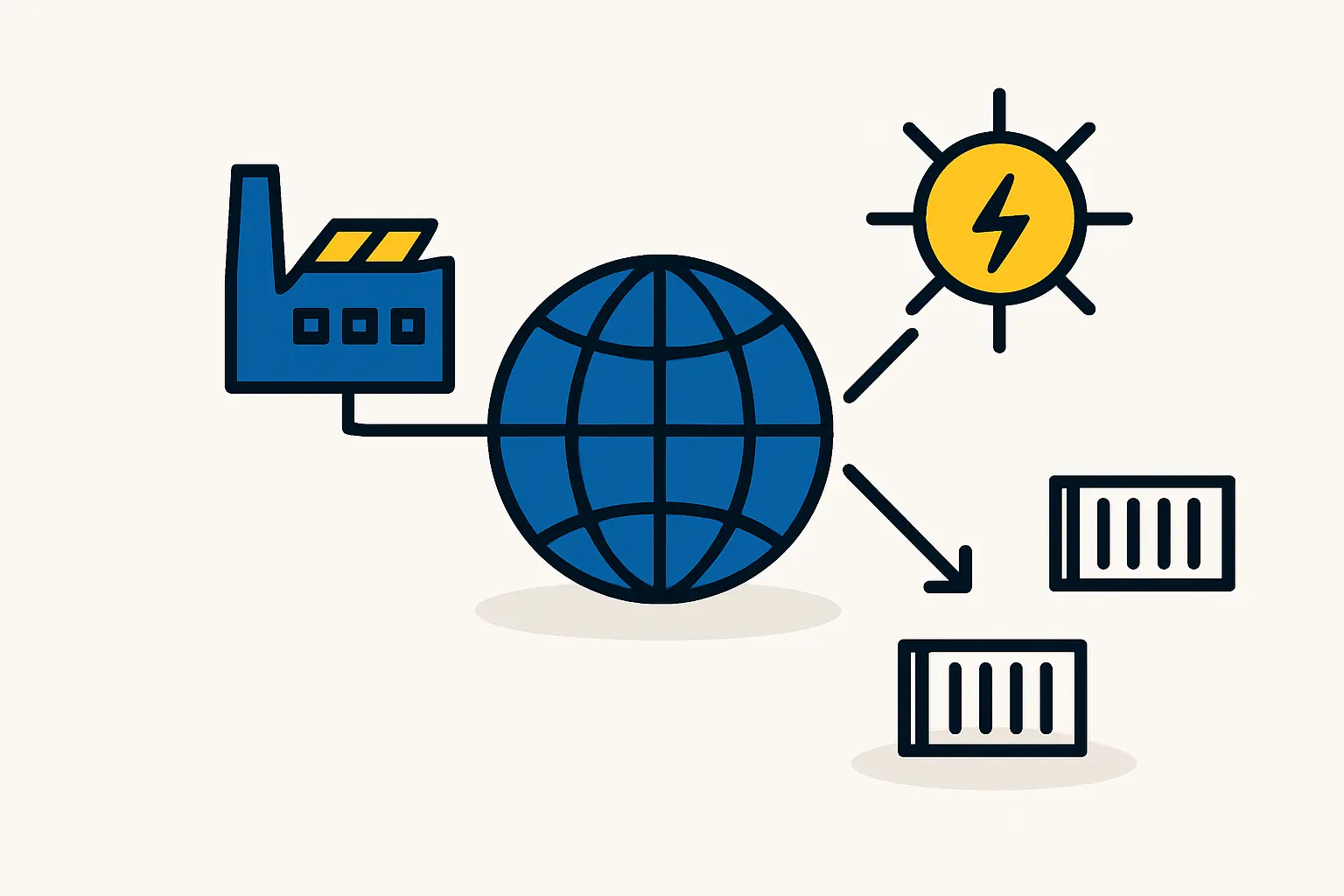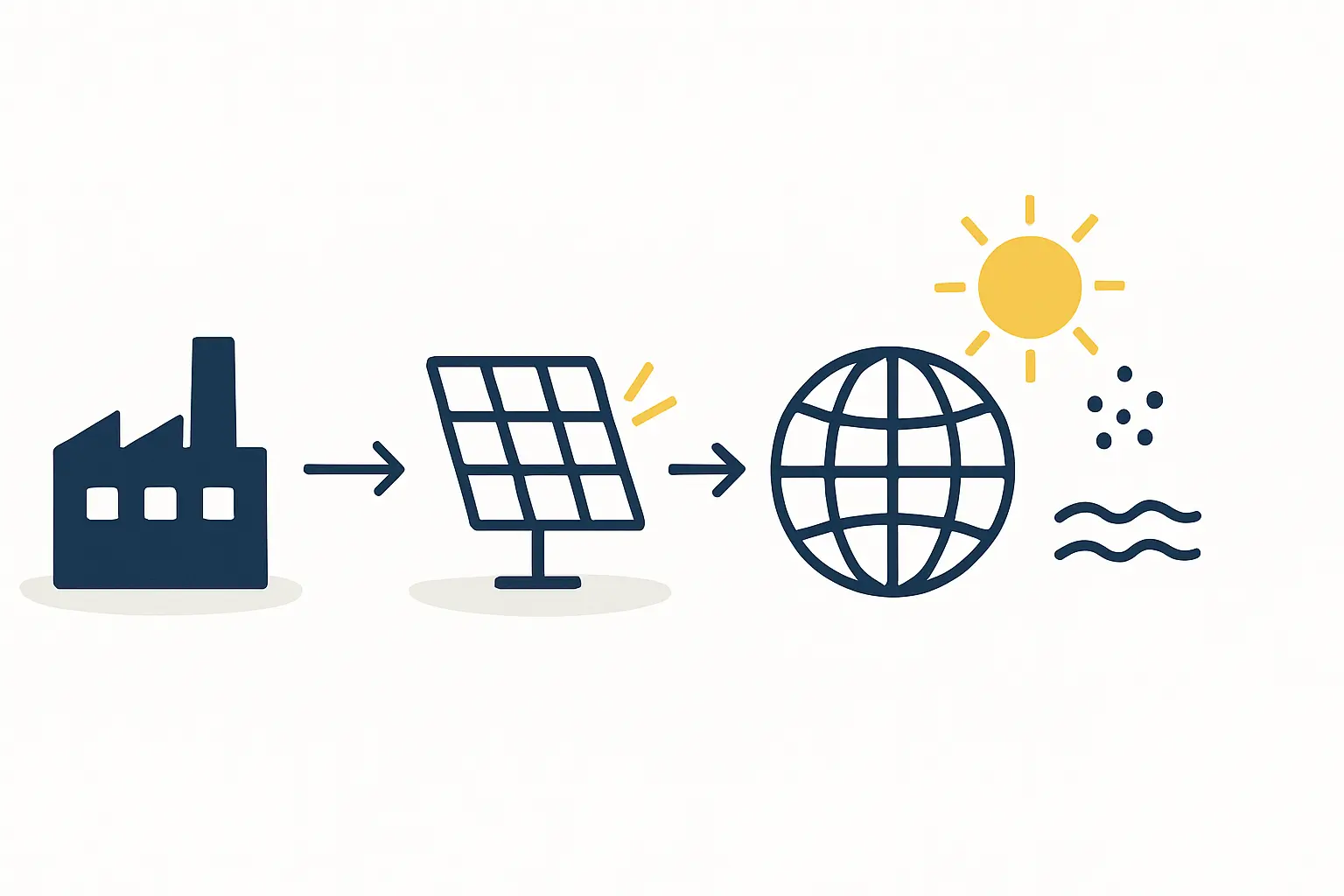Bahrain is set to generate 5% of its electricity from renewable sources by 2025, marking a significant step in the country’s transition to clean energy. This ambitious target, confirmed by Abdulhussain Mirza, President of Bahrain’s Sustainable Energy Authority (SEA), at the 22nd Middle East Oil & Gas Show (MEOS), underscores Bahrain’s commitment to reducing its reliance on fossil fuels and bolstering energy security. You can learn more about Bahrain’s renewable energy goals in this informative guide: Bahrain renewable energy: 5 Essential Steps Towards 2025 Goals.
Expanding Bahrain Renewable Energy Capacity
Bahrain has been proactively expanding its renewable energy capacity, focusing primarily on solar power. The 100MW Askar Solar Plant, the country’s first utility-scale solar project, is expected to be operational this year. Situated on a 2.5-square-kilometer site, the plant will utilize over 400,000 solar panels to generate clean energy. Developed by a consortium led by Saudi Arabia’s ACWA Power, the project is projected to power over 20,000 homes. For more details on other exciting solar projects, check out Bahrain renewable energy: 5 Amazing Solar Projects by 2025.
Beyond solar, Bahrain is exploring other renewable energy sources, including wind power. The SEA is conducting feasibility studies for wind energy projects in various locations, aligning with Bahrain’s broader strategy to diversify its energy mix and mitigate greenhouse gas emissions. This aligns with the broader discussion on Solar Manufacturing in Bahrain: A Strategic Business Guide.
Economic and Environmental Benefits of Bahrain Renewable Energy
The shift towards renewable energy in Bahrain is motivated by both economic and environmental factors. Renewable energy projects are anticipated to create jobs and stimulate economic growth by attracting investment in the clean energy sector. The Askar Solar Plant, for instance, created hundreds of jobs during construction and will continue to offer employment opportunities during operation. This topic is further explored in Turnkey Solar Manufacturing in Bahrain: A Market Guide.
Environmentally, the transition to renewable energy will substantially reduce Bahrain’s carbon footprint. The Askar Solar Plant is expected to offset approximately 200,000 tons of carbon dioxide emissions annually, aligning with Bahrain’s commitment to the Paris Agreement and its 2060 carbon neutrality goal.
Challenges and Opportunities in Bahrain Renewable Energy
Despite the progress, Bahrain faces challenges in its renewable energy transition. Limited land availability poses a constraint for large-scale projects, and the hot, humid climate can impact solar panel efficiency. Learn more about a successful solar installation in Bahrain: Bahrain solar installation Achieves 1 Amazing Milestone at Khalifa City.
However, these challenges also present opportunities for innovation. Bahrain is exploring floating solar farms to maximize space and improve solar energy generation efficiency. The SEA is also investing in research and development to enhance solar panel performance in high-temperature environments.
Looking Ahead at Bahrain Renewable Energy
Bahrain’s 5% renewable energy target by 2025 is a critical milestone in its energy transition. The SEA is confident in achieving this target through a combination of solar and wind projects, coupled with energy efficiency measures.
Beyond 2025, Bahrain aims to generate 10% of its electricity from renewable sources by 2035 and is exploring the potential of hydrogen energy as a key component of its future energy mix.



